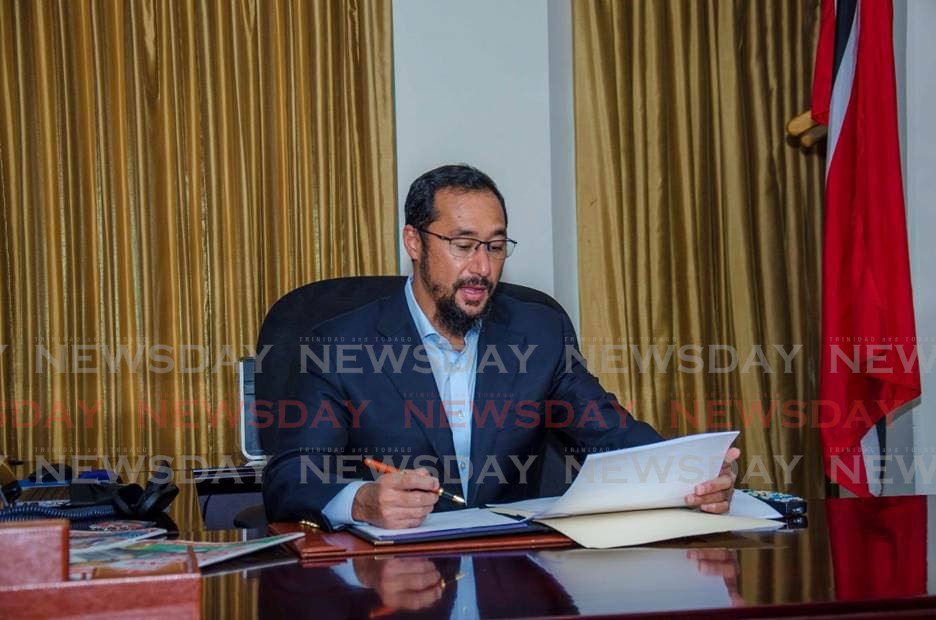No conflict, just interest

ENERGY Minister Stuart Young sees the suggestion of a conflict of interest between himself and NiQuan as little more than a red herring. We agree.
There is no indication Mr Young will not be able to fulfil his oath to act impartially in the performance of his duties. Indeed, his legal training suggests otherwise.
Nor is there reason to assume the minister would not be able to recuse himself should some specific matter arise (he denies ever working directly for the company).
What the queries raised by UNC Senator Anil Roberts reveal, though, is the overriding need for higher standards of disclosure and transparency in our public affairs, particularly with regard to investigations into accidents at state entities or at entities over which the State can reasonably be expected to have some degree of oversight.
Today we mark World Day for Safety and Health at Work knowing our record with regard to investigations of potential safety breaches is not reassuring.
Often, probes like the one into the explosion at NiQuan’s gas-to-liquids plant in Pointe-a-Pierre are launched. There is a flurry of media releases in the initial days. But overall findings, including those stating who is to blame, seldom see the light of day.
The reasons are complex. They relate to confidentiality clauses and fears of expensive litigation, as well as the general desire to placate multinational corporations, corporations that provide revenue and employment. There is, as a result, a perception that the State is often content to let matters be swept under the carpet.
But should this be so?
When things go badly wrong, particularly at state entities, the public has a right to know. And the workers and residents affected also have a right to sue.
Avoiding accountability through lack of transparency does little to raise standards. It simply makes conditions ripe for accidents to happen again and again.
The issue of whether Mr Young held any specific brief in the past is, in this context, subsidiary to the far more pressing need to guarantee higher levels of disclosure. In this regard, perhaps what is needed is legislation to compel regulatory bodies to make fully public the findings of their probes.
Just as it is mandatory for employers to report incidents to the Occupational Safety and Health Authority, the reporting relationship should go in the direction of letting the public know too.
Such a compulsory scheme of reporting would remove the responsibility for disclosure from the hands of ministers and place it under the ambit of designated functionaries. This would not only benefit the public, it would avoid questions being raised about potential conflicts or biases in the first place.
It would also save the minister the trouble of having to micromanage everything, a problem with which Mr Young might be familiar with from his stint as Minister of National Security and, it sometimes seemed, a great many other things.


Comments
"No conflict, just interest"